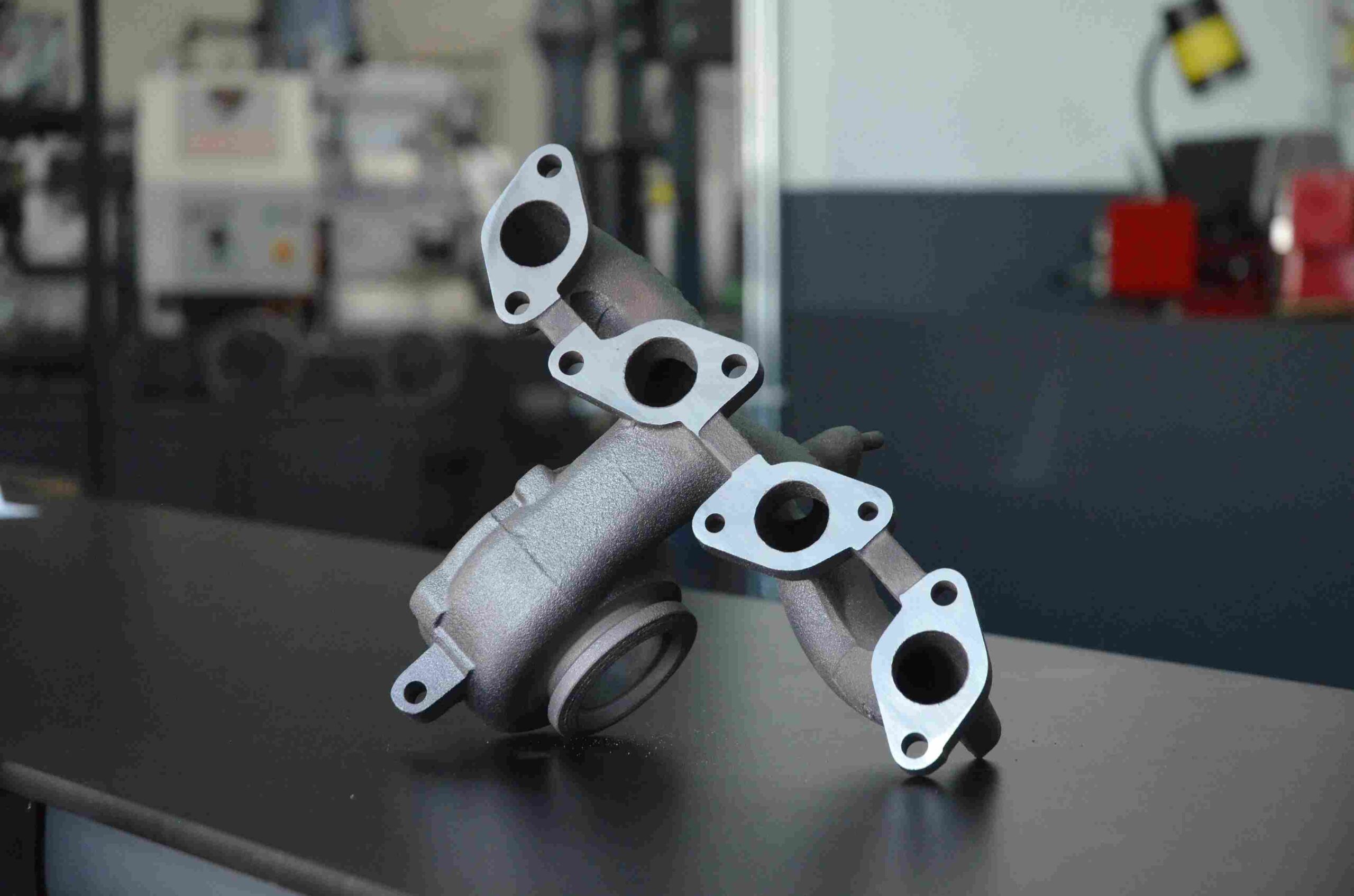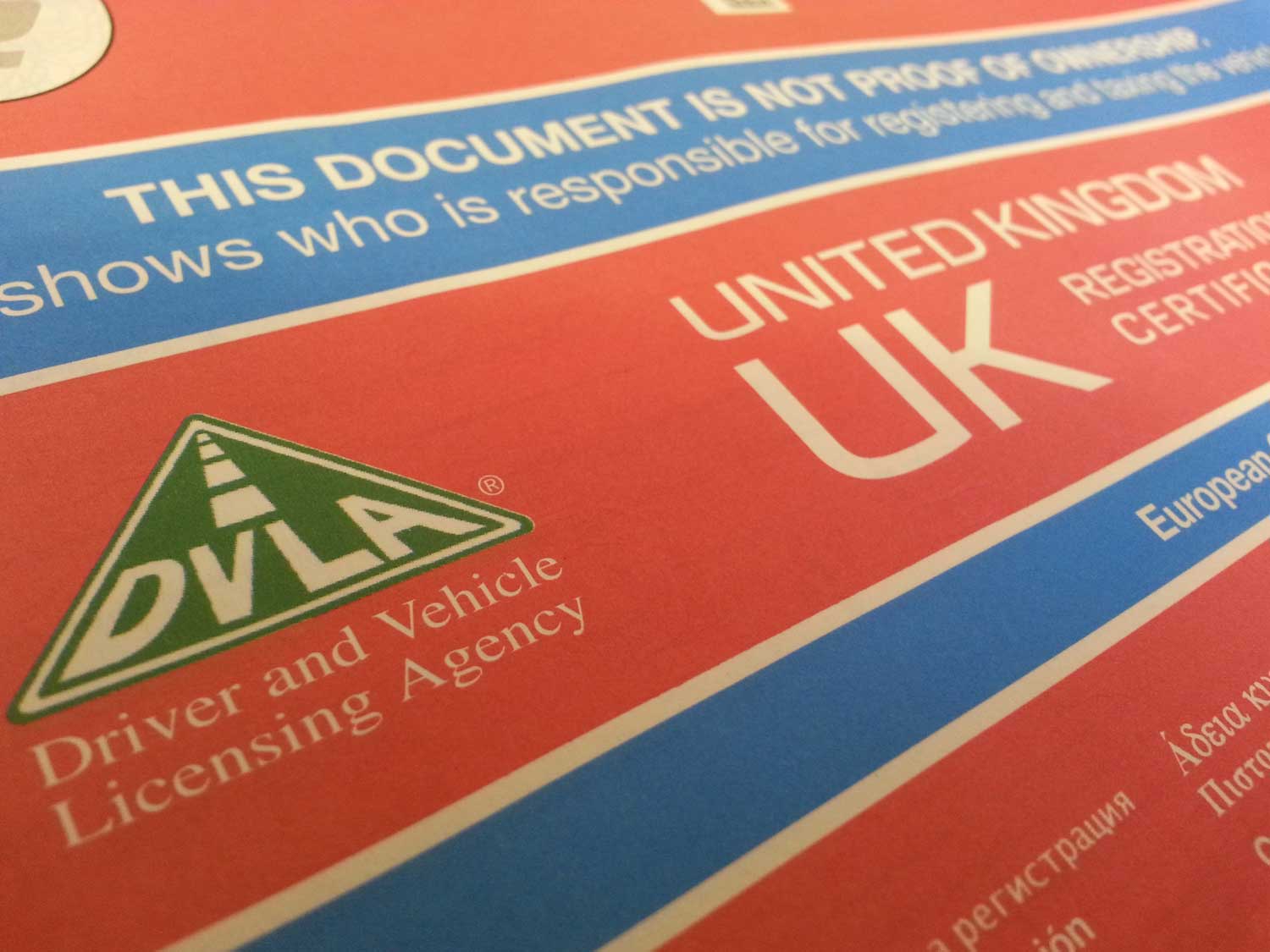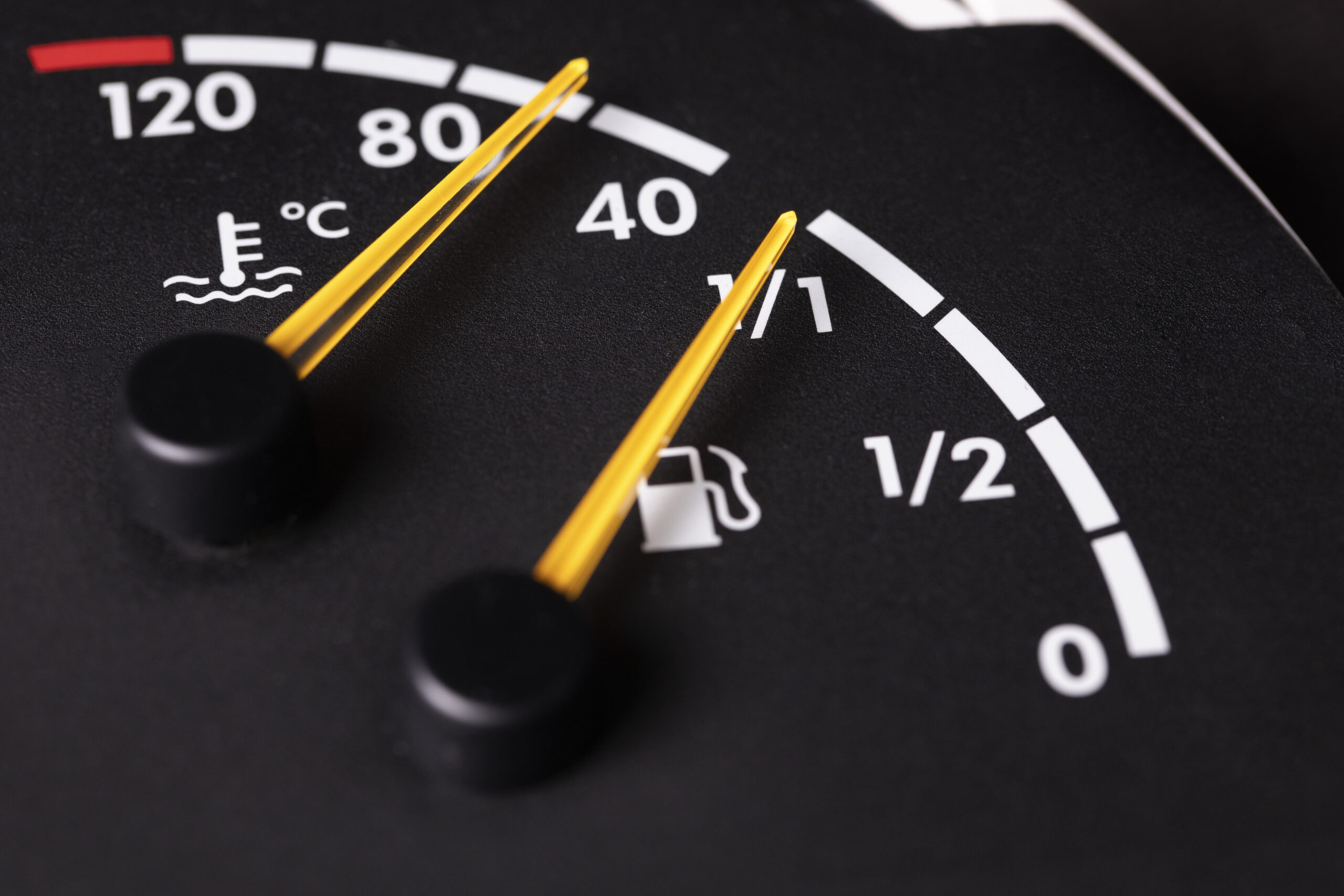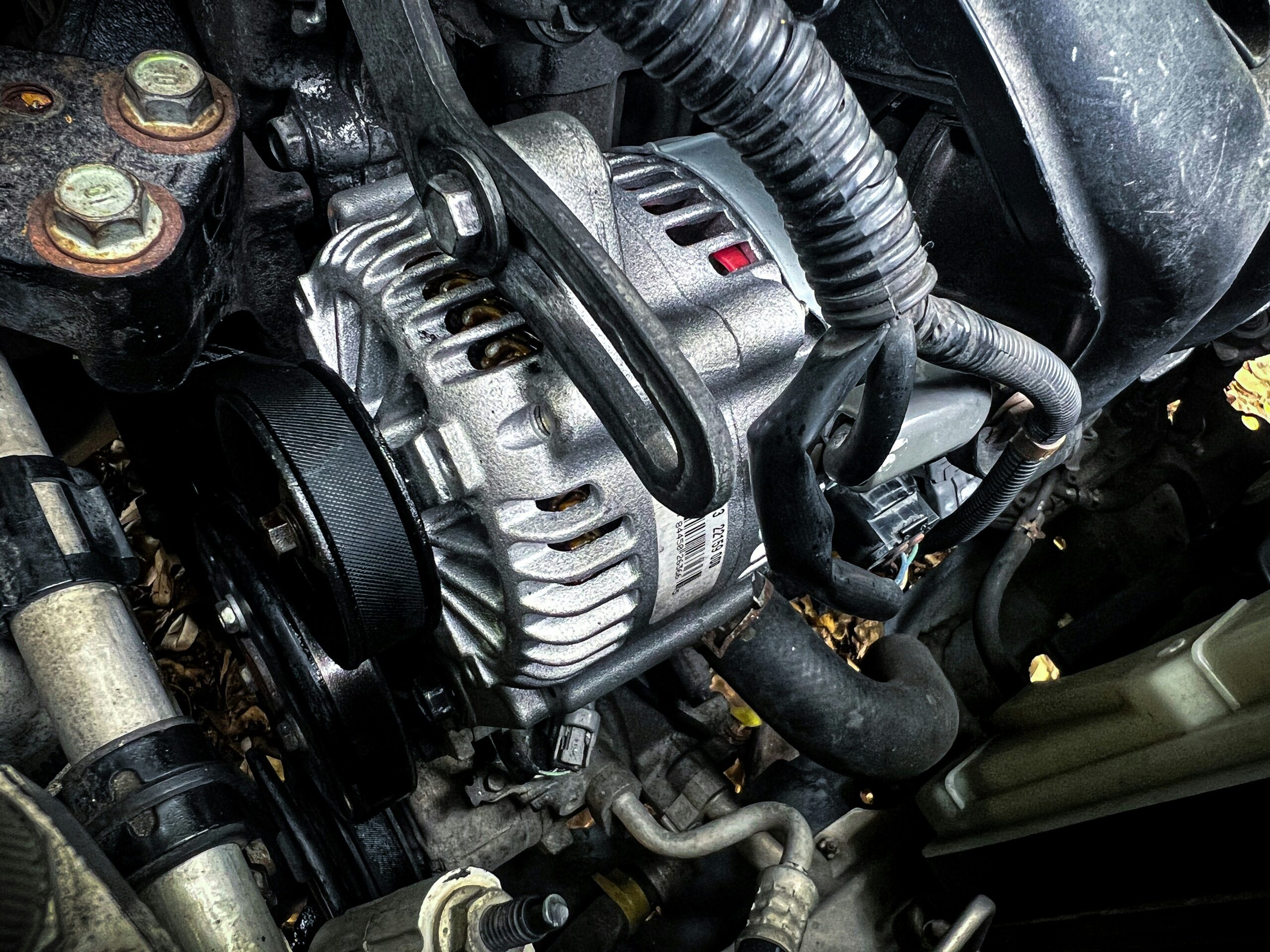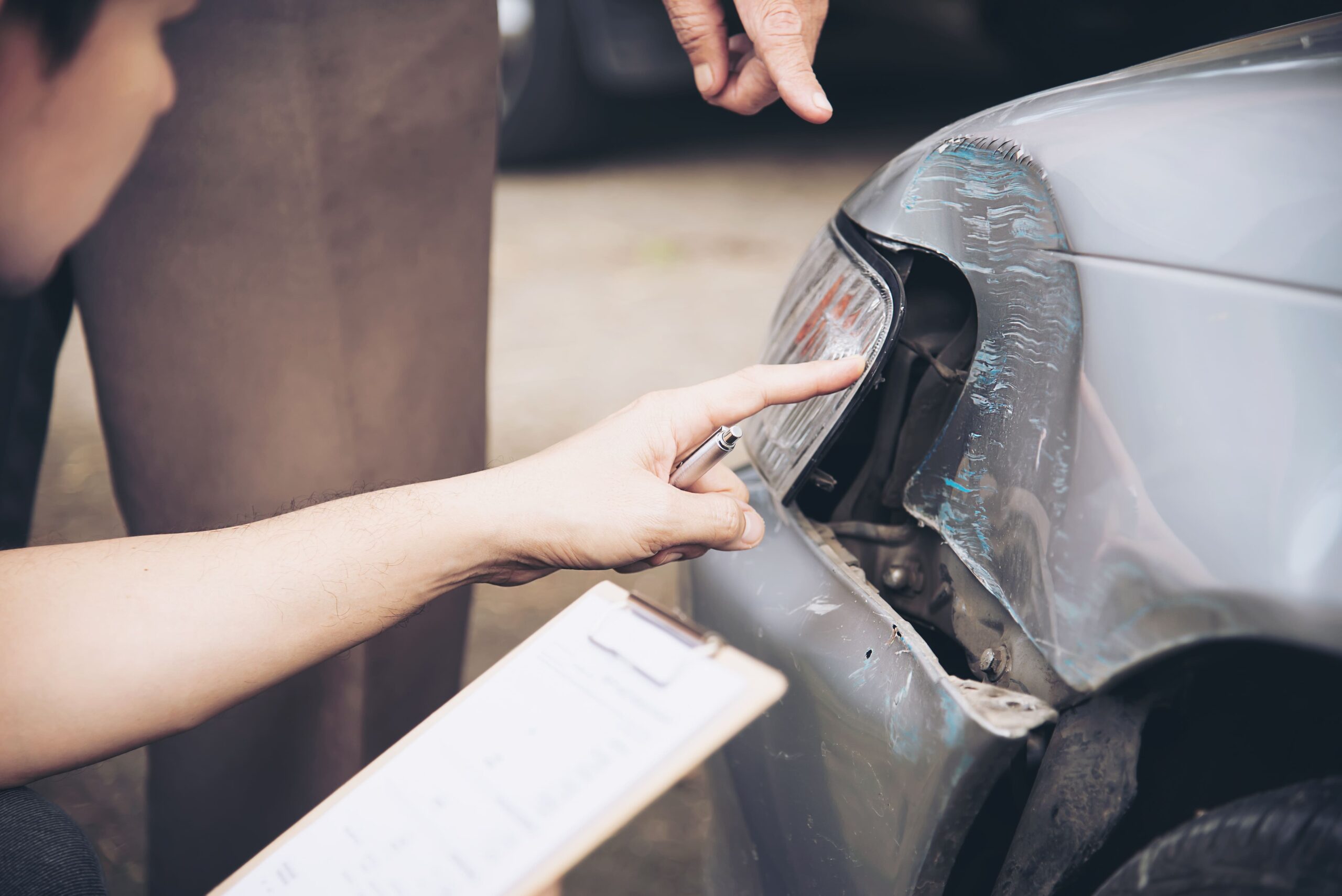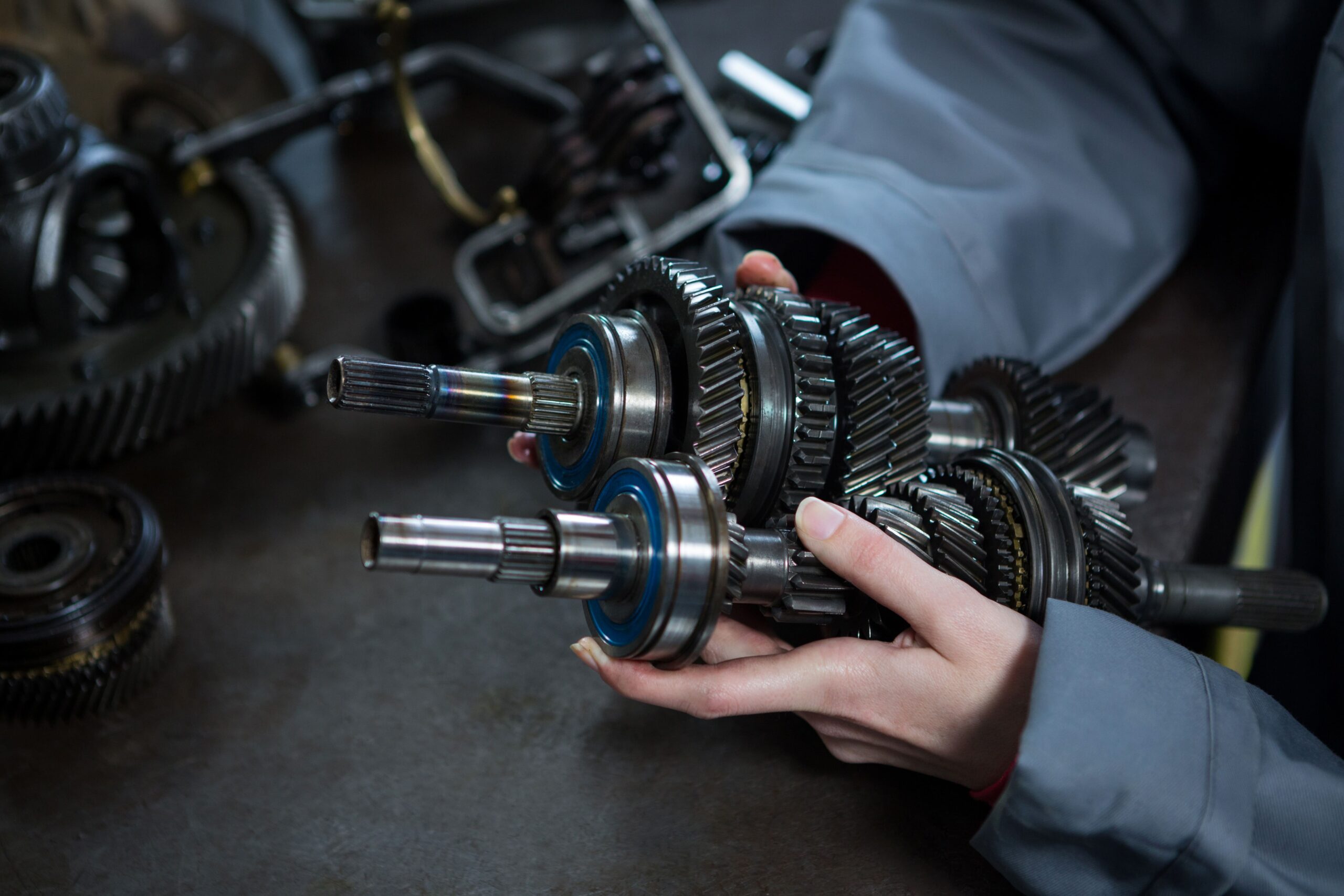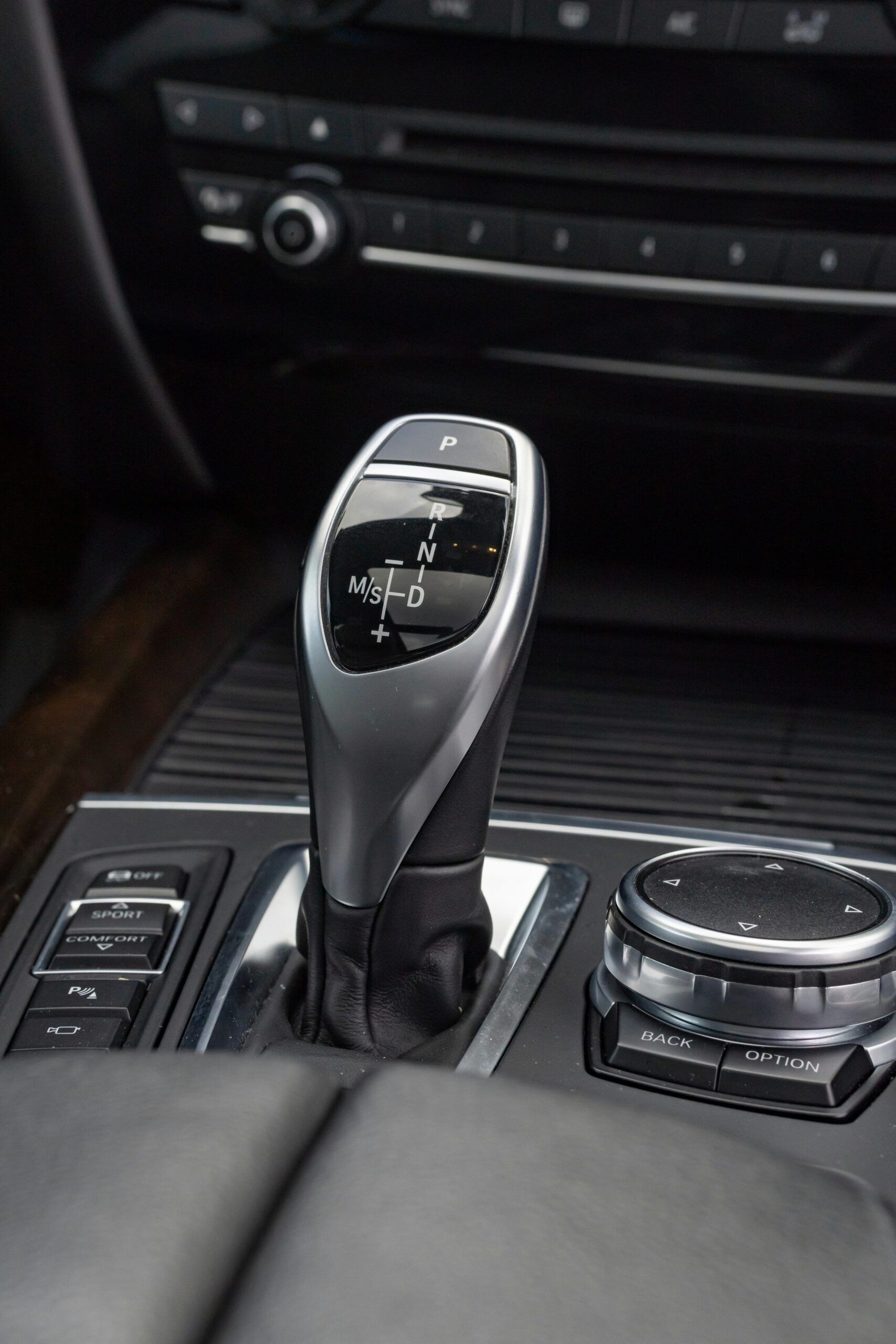
Car MOT Check: What Happens if your Car Fails an MOT?
Everyone who owns a car that is over 3 years old will need to take their car for a yearly MOT check. Not a lot of new car owners know the reason behind MOT, or what to do if their car fails an MOT.
Luckily, we can provide you with tips and guides on everything you need to know about MOTs – what is an MOT, why your car could fail at one and what to do if your car does fail the MOT.
What is an MOT?
An MOT is a yearly test that is required by law for any car that is over 3-years old (that is registered or has been driven on UK roads). It can be taken at your local garage or at any car dealership that provides such service. If a car is overdue for an MOT or fails an MOT, it cannot be driven on the road until the car has passed it.
An MOT is not the same as a service, as it does not check the engine, cluck or gearbox.
How Much Does an MOT Cost?
According to the UK Government’s website, an MOT cost for a standard car – which seats up to 8 people, can go up to £54.85. The same price goes for a caravan as well, so most people will pay a maximum £54.85 when their vehicle goes for an MOT.
Sell your car effortlessly and for good money!
Discover how much your car is worth! Get the instant offer by entering just two details about your car. You will be instantly matched with the right car buyer ready to pay cash for your car.
Why a Car May Fail an MOT?
A car failing an MOT could be due to a number of reasons. If your car is older, or it has high mileage, then the chances of it failing an MOT is higher. Here is a list of reasons why a car may fail its MOT. According to the DVSA, these are the top reasons:
- Faulty light bulbs
Your car’s light bulbs will need to be in full working order in order to pass an MOT. It was reported that nearly 1 in 5 light bulbs on cars that had MOTs had issues and caused the cars to fail their MOT.
- Faults with tyres
Faults with tyres are a common reason why cars can fail MOT. The tyre just has to be slightly worn, have cuts or scratches, not all the same size, or doesn’t have enough air in the tyres in order for it to fail an MOT. Luckily, it is easy to inspect whether tyres are fit for purpose as they are on the outside of a car. If you believe your tyres may fail your MOT it is best to get the tyres repaired or replaced before your MOT, as this will save a lot of hassle and a potential MOT failure.
- Faulty brakes
The DVSA says 1 in 10 MOT failures are caused by faulty brakes, this shows faulty brakes are a common problem for cars. To ensure that your brakes do not fail your MOT, it is a good idea to make sure your car keeps having yearly services, as a service can detect whether there is wear and tear on the brakes before it is inspected in its MOT.
- Driver’s view of the road
If a driver’s view of a road is impaired, this will cause a car to fail its MOT. If there are objects or stickers that can block a driver’s view, then this will cause a failure. Examples of things that block a driver’s view are toys, air fresheners and faulty windscreen wipers, as the windscreen needs to be able to be cleaned in order for a driver to be able to see the road.
When Should you Take your Car for an MOT?
It is strongly recommended that you allow enough time between the expiry date of your MOT and your most recent appointment in case it fails – this way, you will still be able to drive your car home or to a garage where you would like to repair the car before taking it for another MOT.
What you Should Do if your Car Fails an MOT
If your car fails an MOT inspection, you will need to get the faults on your car fixed and then have your car take another MOT test. If the faults are fixed, your car should pass the MOT. When your car fails an MOT, it is crucial to get the faults repaired as soon as possible (before your previous MOT expires), as you won’t be able to legally drive your car after that.
Can your Car Pass an MOT After It has Failed?
Yes. However, if the faults in a car are too serious/major, or in some cases, worth more than the value of the car. Some people would decide to sell their car or part exchange for a new one, which of course, is down to the discretion of the car owner, or it can be advised by the technicians of the test centre.
Our advice
It is always best to speak to the technicians about your car’s MOT and follow their advice. For further information on MOT, you can visit the government’s website as they have all the information and legal advice available about getting an MOT for your car.
If you would like to sell your car, then you are at the right place as we buy any car – Simply enter your REG and mileage below to find out how much you could sell your car for.
Sell your car effortlessly and for good money!
Discover how much your car is worth! Get the instant offer by entering just two details about your car. You will be instantly matched with the right car buyer ready to pay cash for your car.


